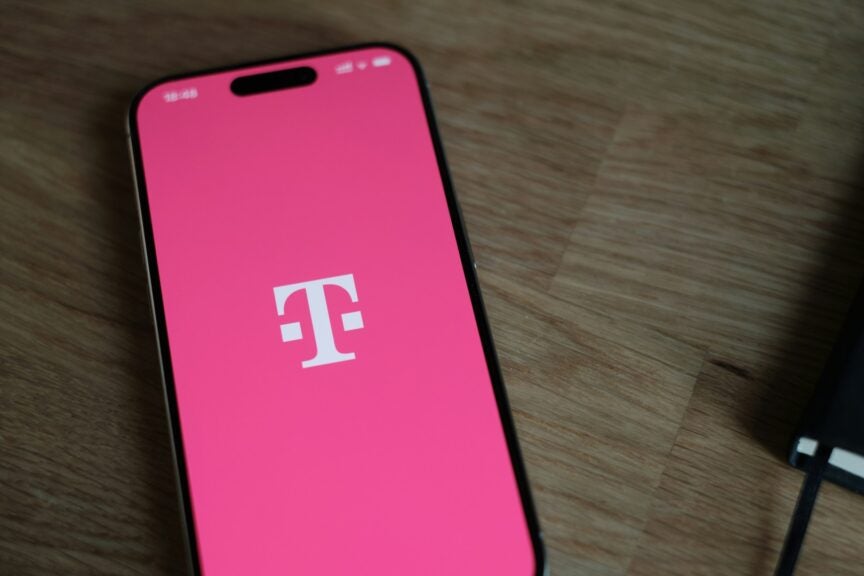T-Mobile’s $350 Million Payout: Understanding the Impact of the Data Breach on Customers
T-Mobile is set to reimburse customers up to $350 million following a significant data breach that exposed sensitive information. This unprecedented move highlights the serious implications of data security breaches in today’s digital age. As customers grapple with concerns over their privacy and security, it’s crucial to delve deeper into what this payout means for individuals and the company itself.
The Breach: What Happened?
In early 2021, T-Mobile reported a data breach that compromised the personal information of millions of customers. The breach exposed sensitive data, including names, addresses, phone numbers, social security numbers, and even driver’s license information. Hackers gained unauthorized access to T-Mobile’s databases, leading to fears of identity theft and fraud among the affected customers.
- Magnitude of the Breach: Estimates suggest that over 40 million current and prospective customers were impacted, raising alarm bells about the effectiveness of T-Mobile’s data security measures.
- Response from T-Mobile: The company faced intense scrutiny and criticism for its handling of the incident, leading to promises of increased security measures and customer compensation.
The Financial Fallout: T-Mobile’s $350 Million Payout
As part of a settlement agreement, T-Mobile has committed to a $350 million payout aimed at compensating affected customers. This decision underscores the company’s acknowledgment of the breach’s severity and its commitment to rectifying the situation. The payout is designed to cover various aspects:
- Direct Compensation: Eligible customers may receive direct monetary compensation for the distress and potential risks caused by the breach.
- Credit Monitoring Services: T-Mobile plans to offer credit monitoring services to help customers safeguard their identities and monitor for any suspicious activity.
- Legal Fees: The settlement also addresses legal fees incurred by affected customers seeking recourse.
Implications for Customers
The $350 million payout raises several crucial questions about the implications for customers and their ongoing relationship with T-Mobile. Here are some key considerations:
1. Trust and Reputation
In the telecommunications industry, customer trust is paramount. T-Mobile’s data breach has undoubtedly shaken the confidence of many customers. As the company works to rebuild its reputation, it’s essential for them to implement robust security measures to prevent future breaches.
2. Privacy Concerns
The breach has heightened awareness regarding personal data privacy. Customers are increasingly concerned about how their data is managed and the potential risks associated with sharing personal information with telecom providers.
3. Customer Retention Strategies
To retain customers, T-Mobile may need to enhance its service offerings and ensure transparent communication regarding data security measures. Providing incentives for affected customers could also help in rebuilding trust.
Understanding the Legal Landscape
T-Mobile’s decision to settle for $350 million is not just a financial move; it’s also a legal strategy. The telecom giant faced multiple lawsuits following the breach, and the settlement aims to mitigate further legal battles. Understanding the legal landscape is crucial for customers:
- Class Action Lawsuits: Affected customers have the right to participate in class action lawsuits to seek justice for the breach, and T-Mobile’s payout is a part of these settlements.
- Consumer Protection Laws: Various consumer protection laws exist to safeguard individuals’ data, and breaches can lead to stricter regulations for companies in the future.
What Can Customers Do?
While T-Mobile is taking steps to rectify the situation, customers should also take proactive measures to protect themselves:
- Monitor Financial Accounts: Keep a close eye on bank statements and credit reports for any unusual activity.
- Sign Up for Credit Monitoring: Take advantage of the credit monitoring services offered by T-Mobile or consider third-party services to enhance security.
- Change Passwords: Regularly update passwords for online accounts, especially those linked to sensitive information.
The Future of Data Security
This incident serves as a wake-up call for the telecommunications sector and beyond. As technology evolves, so do the tactics of cybercriminals. Companies must invest in cutting-edge security protocols to protect customer data. Here are a few trends to watch:
- Increased Investment in Cybersecurity: Companies are likely to allocate more resources to cybersecurity measures, ensuring customer data is better protected.
- Regulatory Changes: Expect stricter regulations as governments recognize the importance of data protection and privacy.
- Consumer Awareness: Customers will continue to demand greater transparency and accountability from companies regarding their data practices.
Conclusion: Lessons Learned
The T-Mobile data breach and the subsequent $350 million payout illustrate the significant challenges companies face in safeguarding customer information. For customers, this incident serves as a reminder of the importance of being vigilant about personal data security. As T-Mobile navigates this crisis, both the company and its customers must work collaboratively toward a more secure digital future.
In the end, this incident could lead to positive changes in the industry, promoting better practices for data management and ensuring that customer trust is rebuilt over time. Understanding the implications of T-Mobile’s payout and taking proactive steps can empower customers in their journey toward greater security and peace of mind.
See more Future Tech Daily

